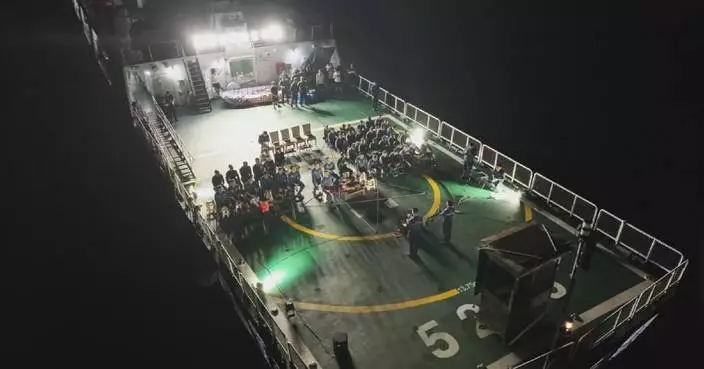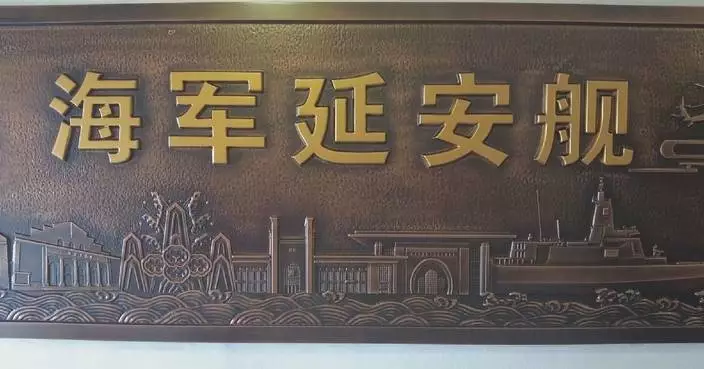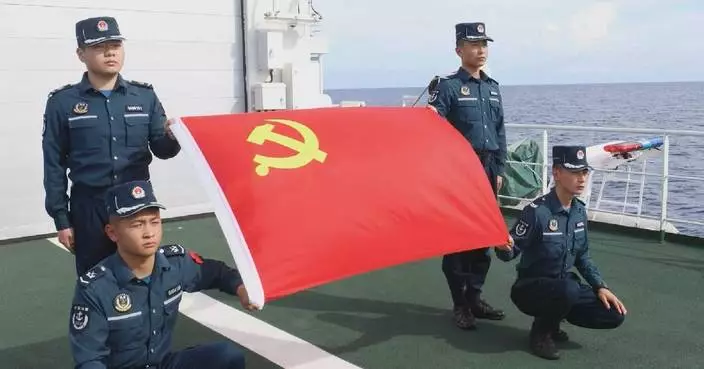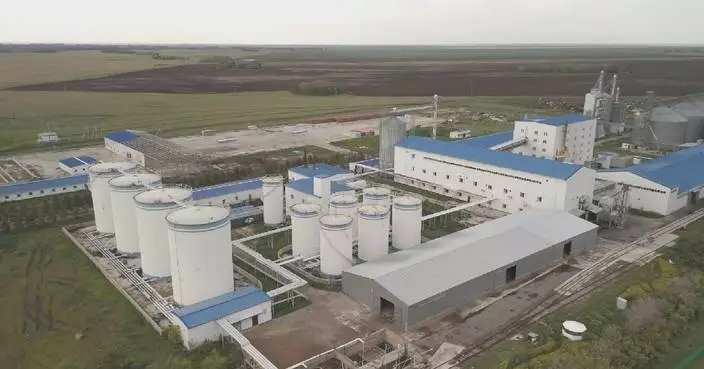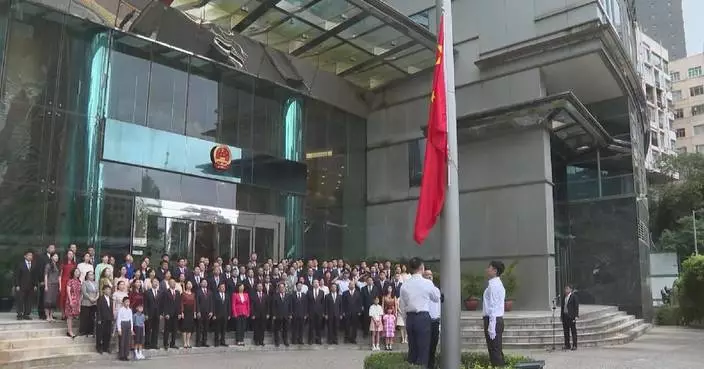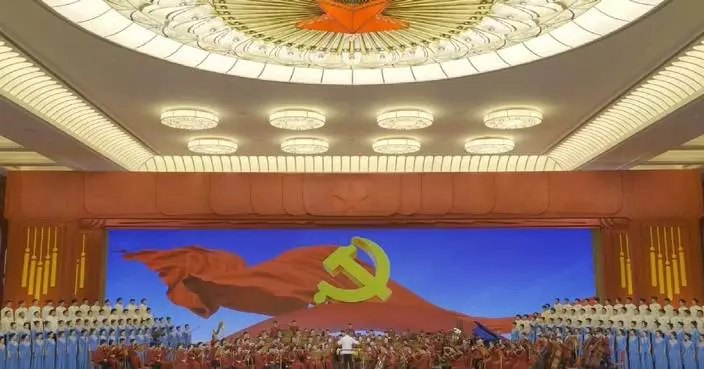Escalating tensions between Israel and Lebanon have led to cross-border exchanges of fire between Israel and Lebanon's militant group Hezbollah since the Gaza conflict began in last October, causing tens of thousands to flee and raising fears of a potential full-fledged war.
Local media outlets in Lebanon have been reporting about continued Israeli attacks on villages on the southern border over the past week, including a raid on a residential building in the city of Nabatiyeh, 17 kilometers from the border, and a raid on Ramyah on Thursday.
Since June 20, the number of operations carried out by Hezbollah has decreased, according to local media. But analysts said it has remained qualitative operations after intense strikes on targets in Israel, following the assassination of Hezbollah senior commander "Abu Taleb" and rising Israeli threats of attacks against the militant group.
"We are still very much operating within the rules of deterrence. As for the assassination of field commander Abu Talib, we moved to the third phase of the war; that is, to deeper targets 35 kilometers west of Haifa, and 35 kilometers east of Tiberias. What we can see from Israel is a response to the painful attacks from Hezbollah," said Mounir Shehadeh, an expert in military strategy, who is also a retired Lebanese Army Brigadier General.
He also commented on Hezbollah's decreasing number of attacks in recent days, and whether it paves the way for a political solution.
"It cannot be interpreted that the resistance is seeking a diplomatic solution. When the resistance identifies suitable targets and the targets are in place, they carry out the attacks," said the general.
Some analysts believed developments in the Palestine-Israel conflict in Gaza is tied to events in southern Lebanon.
"I think the reduction of military operations in southern Lebanon is linked to the reduction of military operations in Gaza. I think the Israeli approach in the coming months is to reduce military operations in Gaza, retreat behind the lines of engagement with the Palestinian resistance, and bide time until the upcoming U.S. elections while not declaring a ceasefire," said Mohamed Hamieh, a political analyst
The clashes in southern Lebanon have displaced more than 90,000 people from Lebanon and 80,000 Israelis from northern Israel since last October, according to the International Organization for Migration.
Despite Hezbollah's strongly worded message in response to Israel's threats against the militant group that it could be forced into a war with Lebanon, the continuation of the violence in Gaza means all possibilities remain open.
With differences in the Israeli administration over how to resolve the conflict with Hezbollah, the U.S. warns that a war in Lebanon, even if limited, could spread across the region.
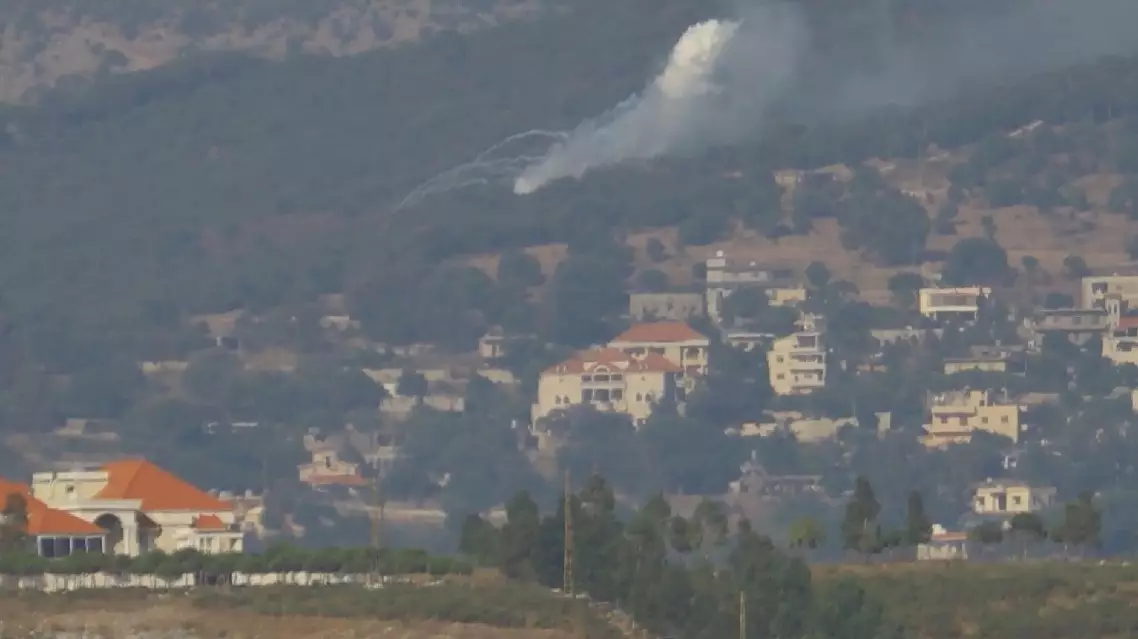
Tensions rise between Lebanon, Israel after months of border clashes
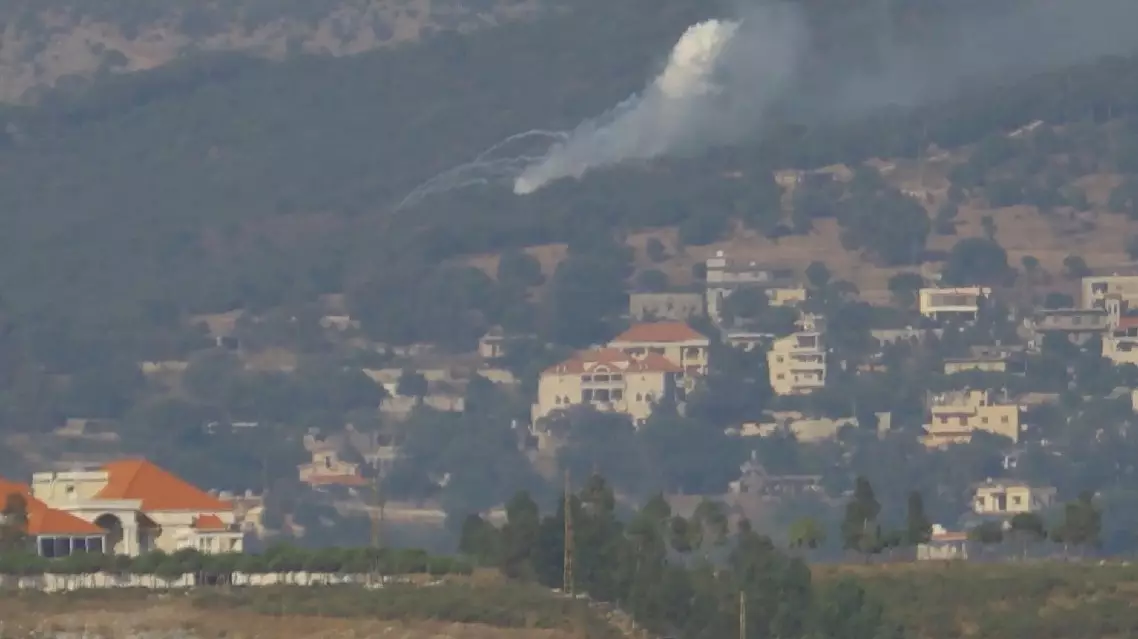
Tensions rise between Lebanon, Israel after months of border clashes
A delegation from the Taliban-led Afghan government is currently in Doha to attend the third round of UN-convened talks on Afghanistan scheduled for Sunday to Monday, hoping to take it as an opportunity to foster understanding between their government and the wider international community.
Key issues on the meeting's agenda include frozen Afghan assets and the Taliban's counter-narcotics policies.
Zabihullah Mujahid, chief spokesperson for the caretaker government, led a six-member delegation to the meeting. Before heading to Doha, he briefed the media on Saturday about his government's approach toward the gathering.
Answering a question from China Global Television Network (CGTN), Mujahid outlined the state of his country's ties with the rest of the world, including some Western countries.
"We don't have problems with all of the world, but we want to reach a solution and maintain mutual understanding with some countries that have been pursuing obsessive policies toward Afghanistan. Afghanistan has faced financial challenges, and its business affairs have been impacted by the sanctions that have been imposed. This needs to be addressed," he said.
A group of Afghan activists from diverse backgrounds, mostly based in the country, wrote an open letter on Sunday to the Secretary-General of the United Nations, Special Envoys for Afghanistan, and the Interim Taliban Administration.
The letter addresses key concerns regarding Afghanistan's current socio-economic and political landscape under the Taliban-led government. It highlights severe economic challenges, exacerbated by international actions such as funding cuts and banking restrictions, alongside internal Taliban policies hindering the economic participation of women and educational opportunities for girls.
The activists urge participants of the third Doha meeting to increase aid to the Afghan people, pave the way for unfreezing the Afghanistan Central Bank's assets, and assist Afghan businesses and women.
"I think Afghanistan really deserves right now a chance to be reconnected to the world, to be reintegrated into the international community's framework and to be able to do business with the rest of the world just like any other country. And I think it's an absolute right of the Afghan people, regardless of any other political agendas or issues that we have in Afghanistan," said Muhammad Sulaiman Bin Shah, founder and CEO of Catalysts Afghanistan.
Kabul residents urge both the Taliban and international community to pay attention to the needs of the Afghan people and avoid confusing humanitarian with political issues.
"As we all know, the political and economic situation of Afghanistan is not leading to progress due to Afghanistan's frozen assets. I urge the international community to find a solution at this meeting, and unfreeze Afghan money," said Mushtaba Atayi, a Kabul resident.
"We want the Taliban-led government to reopen schools and universities for sisters, based on Islamic law, and provide the educational environment for them. That would be a very good step," another resident Asimullah Hamdard said.
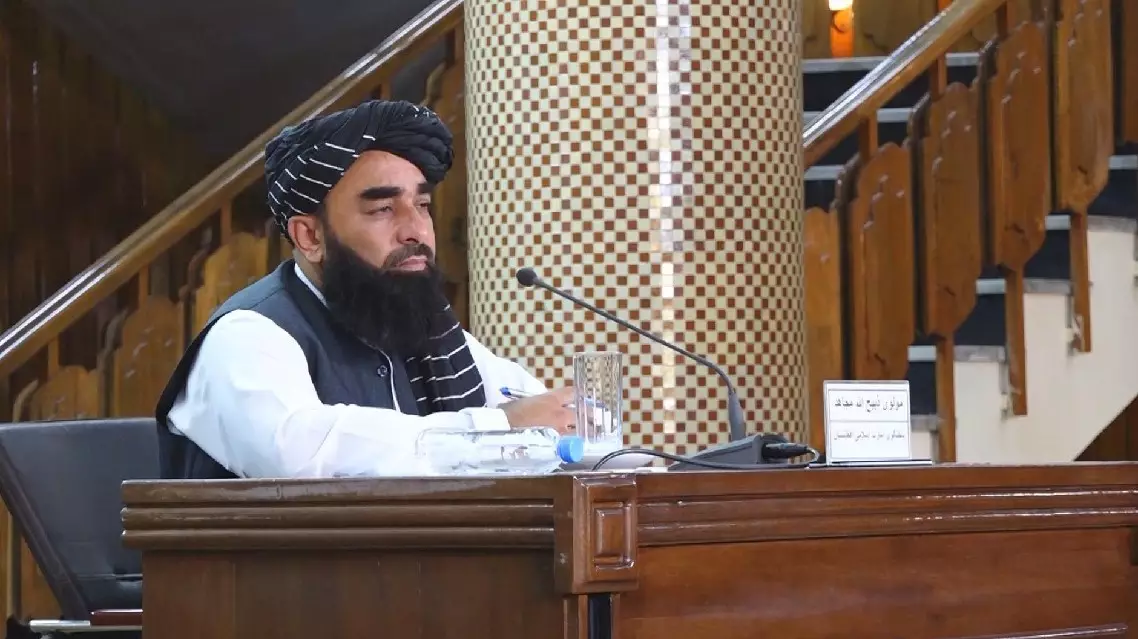
Delegation of Afghan gov't attends Doha meeting of special envoys





